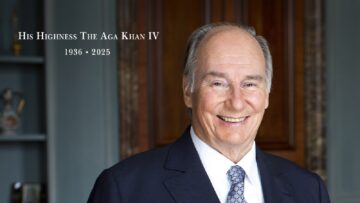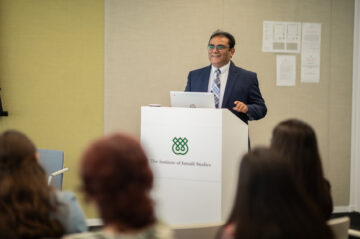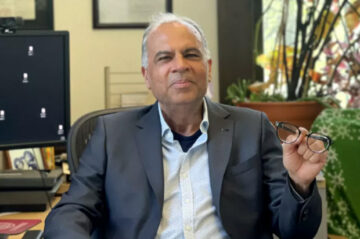Dr Bennison began her talk by highlighting issues of language relating to cities in the Muslim world – such as the uncritical use of the ‘Islamic city’ as a unit of analysis. The dominant Orientalist view of Muslim cities as disorganised and ill-planned was linked to what was seen as an irrational ‘Muslim mind’. This was rooted, according to Dr. Bennison, not only in the general colonial tendencies of Euro-centrism but also in the case studies from which generalisations were offered. Fez in French-colonial Morocco was a favourite, serving repeatedly as a model of the ‘Islamic city’ at large, as Janet Abu-Lughod famously noted in her 1987 article, ‘The Islamic City: Historic Myth, Islamic Essence, and Contemporary Relevance’, in the International Journal of Middle East Studies.
Instead of the ‘grand narrative’ approach of old, Dr Bennison argued for an appreciation of the particulars of Muslim cities. Her examples of Umayyad-era Cordoba, Safavid Isfahan and Almohad Marrakesh ranged not only across periods of history but also Shi’a-Sunni orientation, and geographical locus. These were well-designed and aesthetically appealing cities, with the rulers keenly mindful of the umma (as understood at that time largely in local terms). Key architectural features in these cities, from mosques to more secular public spaces such as libraries and baths, reflected both continuities from earlier regimes, often non-Muslim, and interpretations of the prevailing religious ethos.
In his introductory remarks, Dr. Sajoo situated the talk in this lecture series by observing the role of the cities as crucibles of modern life in their everyday and historical forms. He referred to the univocal modernist narrative of cities in the influential work of Max Weber as worthy of challenge through more pluralist approaches – as exemplified by the multiple explorations of contemporary Islam in this series of talks.
Members of the audience engaged Dr. Bennison in lively exchanges about competing perspectives and terminology in her own discourse on Muslim cities, past and present.
This was the fifth in the Contemporary Islam(s) and Muslims series of lectures. Previous speakers have included Professor Sami Zubaida, Professor Mohamad Tavakoli-Targhi, Raficq Abdullah and Professor Haley Afshar.






